Drinkers were quick to blame the trade - both publicans and brewers - for profitting at their expense from the increse in the price of beer of a penny a pint. That may not sound much to us, but it was a 50% increase on the pre-war price of 2d.
It was a bit more complicated than just scaling down the tax increase per barrel to a pint. For one thing, there's the retailer's markup. You have to add that to the tax increase per pint. I believe it was around 50% for beer. They also wanted an extra markup to compensate for the reduction in the amount of beer that they expected to sell. 35%, by the chancellor's reckoning. Though, at least until the end of 1915, this proved wildly inaccurate.
The tax increase was from 7s 9d per standard barrel to 17s 3d, so 9s 6d. Or 114 pence. 36-gallons is 288 pints. Which means the tax increase per pint was 0.4d. Much less than the 1d increase consumers had to pay. Even factoring in the items above, it still doesn't come to 1d a pint. It makes me think that when chancellor Lloyd George said that he expected the price of a pint to rise by 1d, he was trying to keep the brewers and publicans onside.
Funnily enough, the trade wasn't happy with their cut.
"THE LICENSE-HOLDERS' BURDEN.What a lovely phrase "all the other taxes that flesh is heir to in this country" is. I'll have to remember that for future use.
TO THE EDITOR OF THE COURIER.
Sir, —With reference to the proposed further curtailment of the hours of license-holders in Dundee we shall be obliged if you will publish the following figures with reference to the extra taxation which has been put upon the licensed trade within the past few years. The figures are from the fourth report of His Majesty's Commissioners of Customs and Excise for the year ended 31st March, 1913. this being the latest report which has so far been issued His Majesty's Commissioners, the one for the current year, so far we know, not yet being printed.
The quantity of spirits retained for home consumption in the United Kingdom for the year 1909, when the spirit duty was increased by 9d per gallon, was 38,939,969 proof gallons. The quantity retained for home consumption in the year 1913 was 30,736,088 proof gallons, a decrease of 8,203,881 proof gallons. The duty paid in the year 1909, at 11s per gallon, was £22,599,287, while in 1913, at 14s 9d per proof gallon, it was £21,417,508, an increased taxation of £1,181,779, against a decrease in consumption of nearly eight and quarter million gallons of spirits.
The amount collected from intoxicating liquor licenses in the year 1913 was £4,508,706, whereas in 1909, before the licenses were increased, it amounted £2,172,549, an increase of £2,336,157.
The number of standard barrels of homemade beer; that is to say, at 1000.55 gravity, retained for home consumption in the United Kingdom in 1913 was 34,088,393, which, at 7s 9d per barrel, paid a net duty of £13,200,343. In his speech on the war budget in the House of Commons Tuesday, 17th November, when dealing with the beer duty, the Chancellor of the Exchequer said that he anticipated an increase of £17,600,000 on the beer duty at an increase of 17s 3d per barrel, while he believed that the decrease consumption would be 35 per cent. Since then the Chancellor of the Exchequer has made a rebate of 2s per barrel for the current year on the price of beer, but by the year 1916 the price will be 17s 3d, so that it is quite competent to accept his calculation of the increase which he originally anticipated; viz., £17,600,000, which will ultimately be paid extra on beer. If the Chancellor's anticipations are correct the result of his taxation will be that, while the beer consumpt will be reduced by 11,930,937 barrels, he will have increased the taxation on beer by £17,600,000, giving him a yield from this source of revenue of £30,800,343. In addition to all the above duties exacted from the trade they pay all the other taxes that flesh is heir to in this country, and, so far as municipal taxation is concerned, in a much higher proportion than other shopkeepers on account of the high rents which they pay.
The general opinion of the man the street is that all extra charges have been passed on to the consumer; this is not the case. We have made a careful calculation, and find that since the year 1909 the Chancellor of the Exchequer has appropriated 37.3 per cent, of the net income of the licensed trade in Scotland, all of which, of course, has gone to reduce the taxation of those not connected with the licensed trade, and who have consequently benefited to this extent.
The increase in taxation, it will be seen, has been as follows:- Spirits £1,181,779, license duties £2,336,157, and now from beer £17,600,000, a total extra taxation of £21,117,936, which will also benefit to a very large extent each individual in the community. If it is proposed to further curtail the hours of license-holders in Dundee, we hope, in justice to the license-holders, that proposal will be put forward at the same time agreeing to compensate them for the loss of trade and also for a rebate of the duty from which those who are putting forward the motions are benefiting to such a huge extent.
We may say that the 0.5d per glass of beer which the Chancellor suggested should be added to meet the extra taxation on beer does not anything like compensate the license-holders for the loss of trade estimated by the Chancellor.—We are, &c..
For James Watson & Company, Ltd.
C. H. Marshall, Director.
97 Seagate, Dundee, 2d December, 1914. "
Dundee Courier - Thursday 03 December 1914, page 6.
James Watson makes a very good point about the taxation that the pub trade paid: it reduced the amount everyone else needed to pay. It's a point completely ignored by
The complaints about the burden put on the pub trade by the government sounds very much like laments of modern publicans. Some things really never change in Britain.

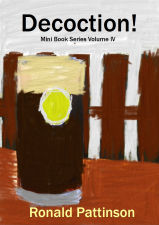


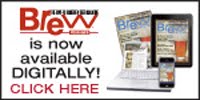
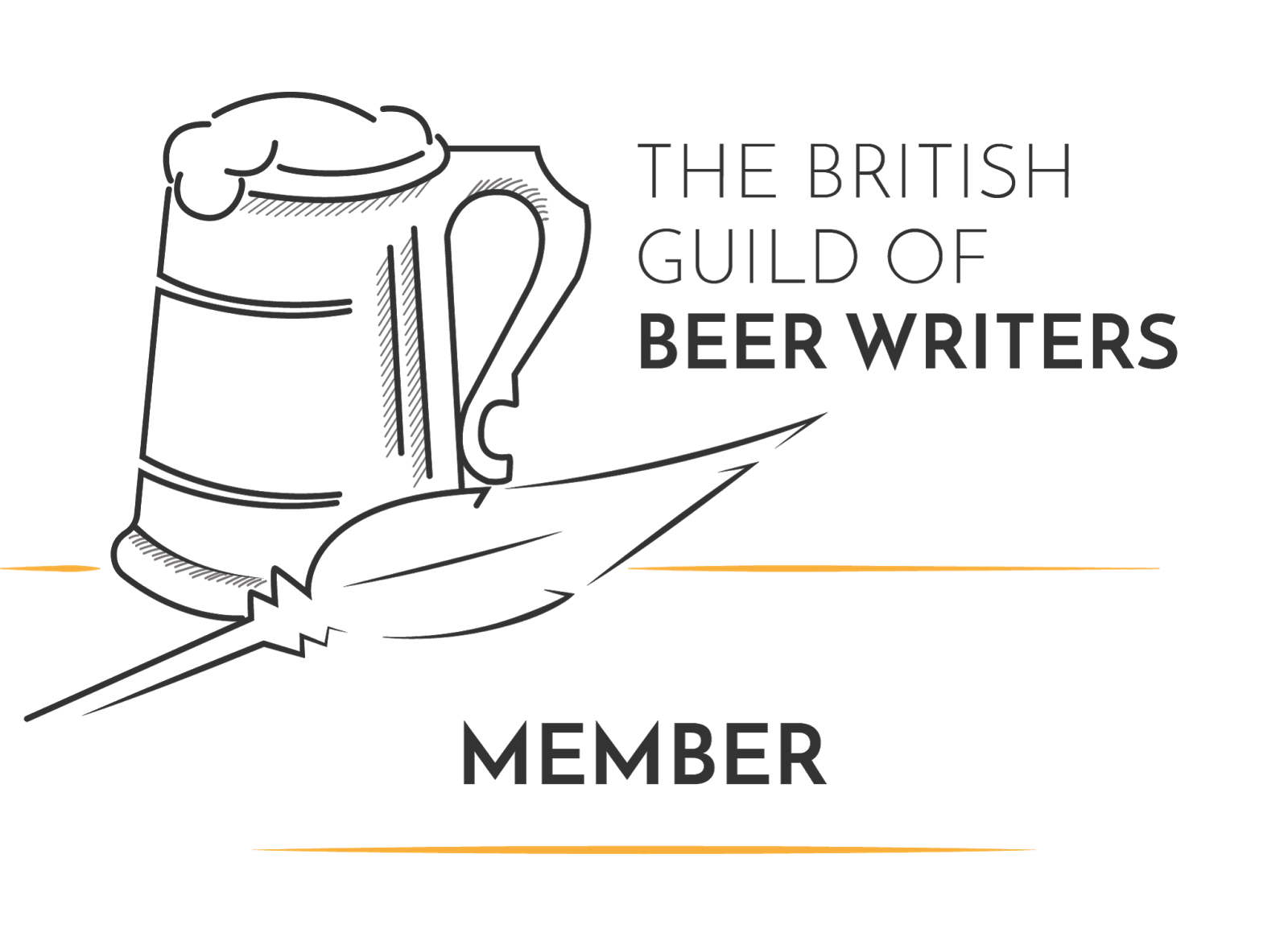









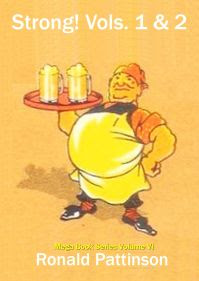

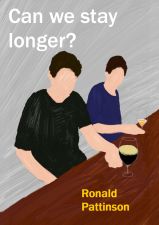
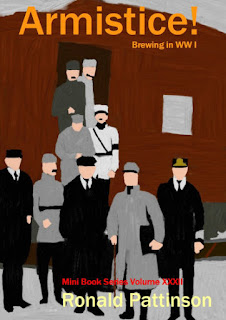
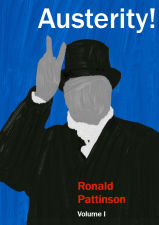

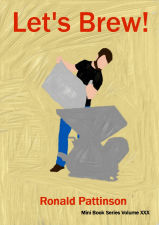

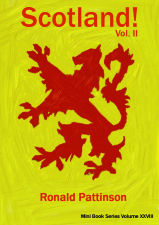
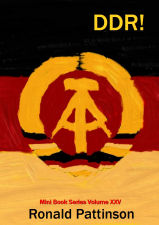
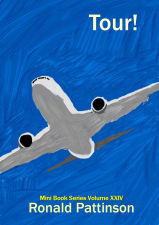

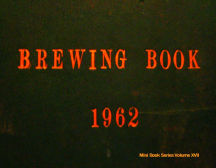
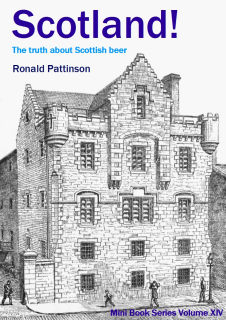
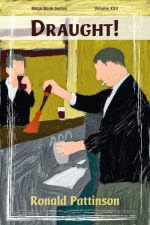

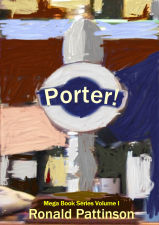
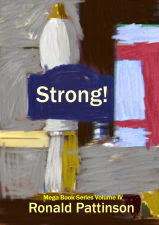
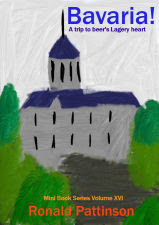

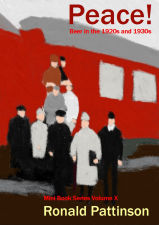

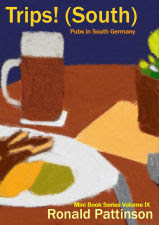
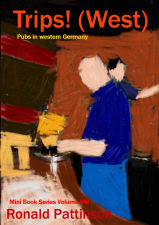
































1 comment:
'Big price increase fails to cut alcohol consumption' hello, Sheffield University, are you listening?
Post a Comment